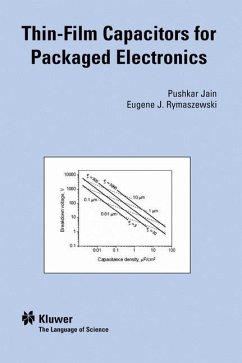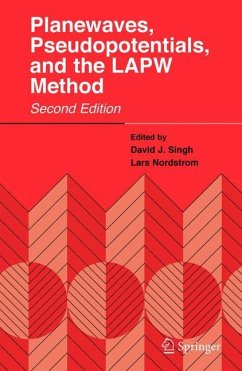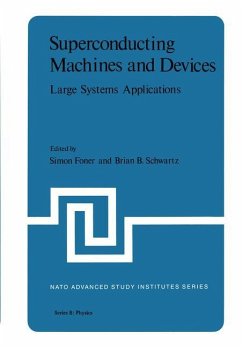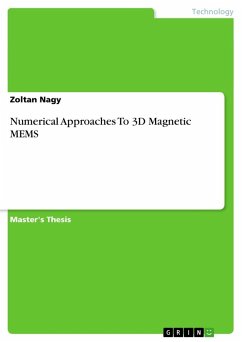
Electromagnetic Fields in Electrical Engineering

PAYBACK Punkte
19 °P sammeln!
This book is the collection of the contributions offered at the International Symposium on Electromagnetic Fields in Electrical Engineering, ISEF '87, held in Pavia, Italy, in September 1987. The Symposium was attended by specialists engaged in both theoretical and applied research in low-frequency electromagnetism. The charming atmosphere of Pavia and its ancient university provided a very effective environment to discuss the latest results in the field and, at the same time, to enjoy the company or colleagues and friends coming from over 15 countries. The contributions have been grouped into...
This book is the collection of the contributions offered at the International Symposium on Electromagnetic Fields in Electrical Engineering, ISEF '87, held in Pavia, Italy, in September 1987. The Symposium was attended by specialists engaged in both theoretical and applied research in low-frequency electromagnetism. The charming atmosphere of Pavia and its ancient university provided a very effective environment to discuss the latest results in the field and, at the same time, to enjoy the company or colleagues and friends coming from over 15 countries. The contributions have been grouped into 7 chapters devoted to fundamental problems, computer programs, transformers, rotating electrical machines, mechanical and thermal effects, various applications and synthesis, respectively. Such a classification is merely to help the reader because a few papers could be put in several chapters. Over the past two decades electromagnetic field computations have received a big impulse by the large availability of digital computers with better and better performances in speed and capacity. Many various methods have been developed but not all of them appear convenient enough for practical engineering use. In fact, the technical and industrial challenges set some principal attributes and criteria for good computation methods. They should be relatively easy to use, fit into moderately sized computers, yield useful design data, maintain flexibility with m1n1mum cost in time and effort.














